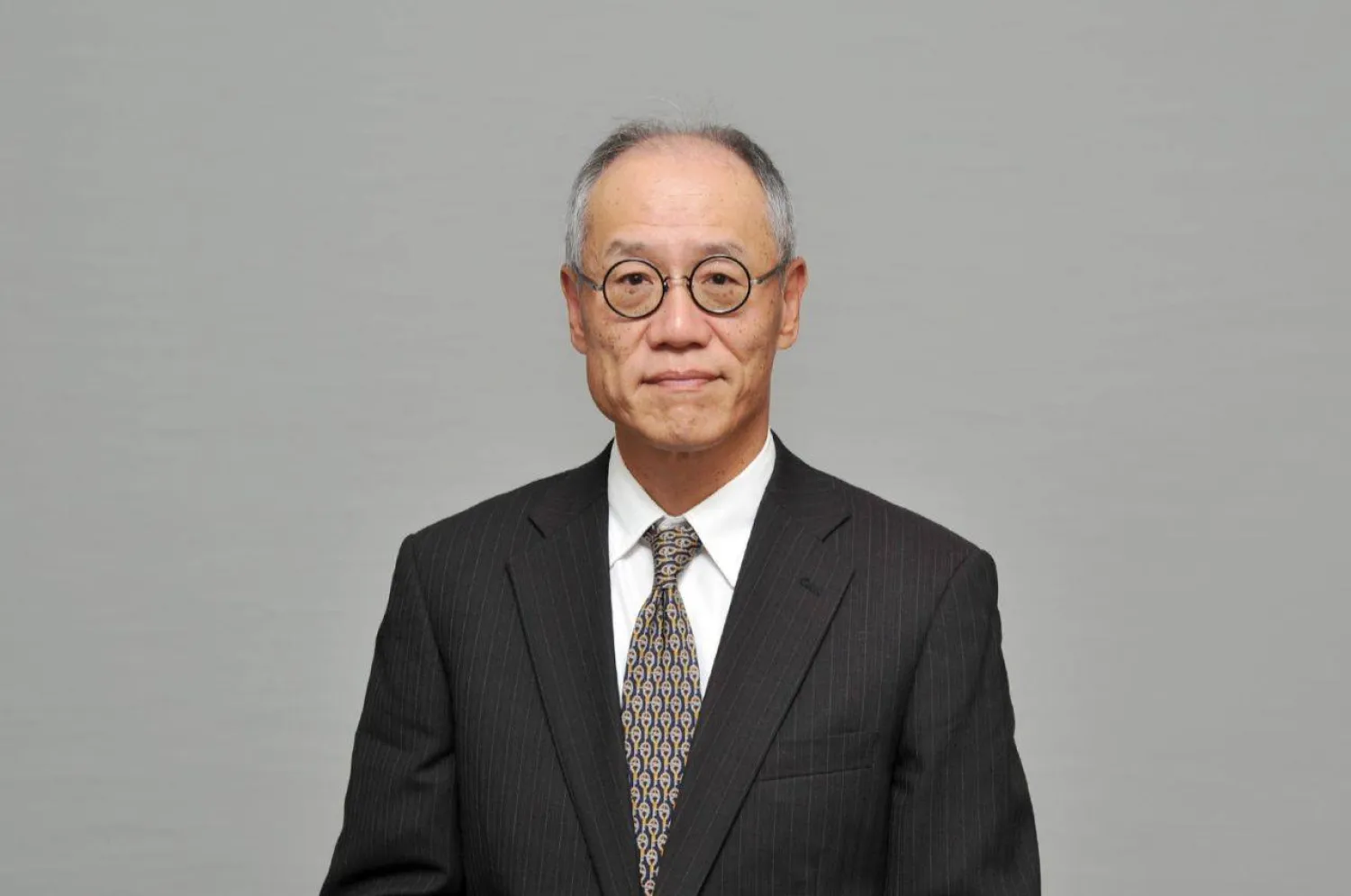Japan’s Ambassador Extraordinary and Plenipotentiary to Saudi Arabia Fumio Iwai underscored on Sunday the strategic ties that bind his country with the Kingdom.
In remarks to Asharq Al-Awsat Iwai revealed that Japan and Gulf countries are studying several potential projects. Discussions are also ongoing between Tokyo and the Gulf Cooperation Council (GCC) over a Free Trade Agreement.
As strategic partners, Saudi Arabia and Japan have always sought to expand their bilateral relations to include several new fields, such as information technology, healthcare, space, sports, entertainment, culture and tourism.
He noted that in 2025 both countries will mark 70 years since the establishment of diplomatic relations between them. They are determined to forge ahead in developing them on all levels to achieve sustainable development goals.
Iwai congratulated Custodian of the Two Holy Mosques King Salman bin Abdulaziz, Prince Mohammed bin Salman, Crown Prince and Prime Minister, and the Saudi people on the occasion of the Kingdom’s 94th National Day, which falls on September 23.
Since their establishment in 1955, Saudi-Japanese relations have developed year after year, with a focus on the energy sector, he went on to say.
After the launch of Saudi Arabia’s Vision 2030, these ties needed to follow the plan, so they launched their joint Saudi-Japan Vision 2030 during Crown Prince Mohammed’s visit to Tokyo in 2016, added the ambassador.
The move underscored Japan’s major support to the social and economic reforms Saudi Arabia has adopted.
Since the establishment of their joint vision, Saudi Arabia and Japan have intensified contacts and visits. Crown Prince Mohammed held a virtual meeting with Prime Minister Fumio Kishida in May. They agreed to form the strategic partnership council to bolster bilateral cooperation and coordination in all fields, noted Iwai.
Japan has become one of the main countries attracting Saudi investments, he remarked. Both countries are also developing their relations further in the culture, tourism, sports, entertainment, e-games and academic sectors.
Trade relations between Riyadh and Tokyo continue to grow immensely, he stated. The value of Japanese exports to Saudi Arabia topped 892.5 billion yen in 2023, up by 33.6 percent from the year before.
Moreover, over 120 Japanese companies are operating in Saudi Arabia and since the launch of Vision 2030, several more companies in vital sectors have opened offices in the Kingdom. Among these companies are Cannon Medical Systems, Monstarlab, Fujifilm Healthcare, HIS, SYSMEX, AIZAWA Concrete, Avex and Takeda Pharmaceutical.
Iwai highlighted 2023’s Manar clean energy initiative as one of the most important projects launched between Saudi Arabia and Japan. Tokyo supports Saudi Arabia’s ongoing efforts to become a hub for clean energy, mineral resources and supply chains.









